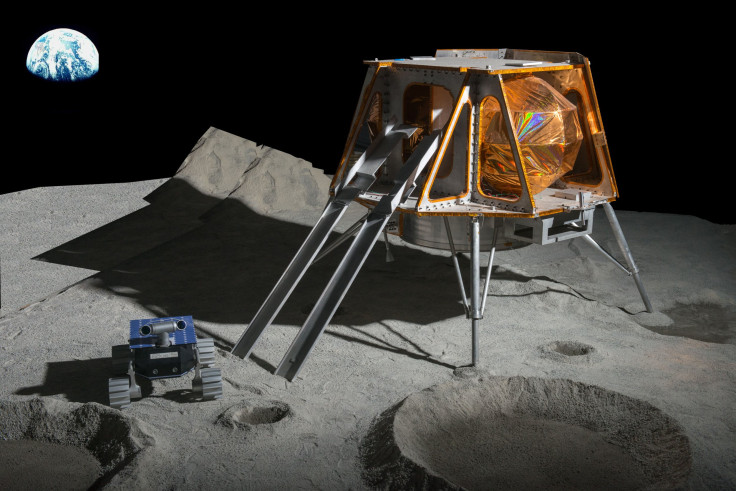Google Lunar XPrize: TeamIndus Invites Students To Design Payload For The Moon

BANGALORE, India — Space is still the final frontier, and given how it is endless, it arguably always will be. But that hasn’t stopped a race to get out there, with private players such as Elon Musk’s SpaceX, Jeff Bezos’ Blue Origin and Richard Branson’s Virgin Galactic in the fray along with traditional government space departments from across the world. But for most people, space is still far, far away.
Google, the world’s largest media-tech company that also has its fingers in more things than most people are aware of, also has a space program, albeit an indirect one. In 2007, the company created the Google Lunar XPrize “to incentivize space entrepreneurs to create a new era of affordable access to the Moon and beyond.” It has a prize purse of $30 million, of which $20 million will go to the first team to successfully complete the mission objectives.
TeamIndus, the only entrant in the competition from India and currently among the top three teams, announced a competition of its own Wednesday for students from across the world to design a payload that their spacecraft will carry to the moon.
Called Lab2Moon, the challenge is to “imagine, design and build a project that would catalyze the evolution of mankind as a sustainable multi-planetary species.” Or in simpler words, to conceptualize and create an experiment that would help further the nascent field of knowledge about colonizing the moon for human life.
Lab2Moon is open to students between 14 and 25 years of age, in teams of up to three which can register on the competition’s website till Aug. 20. The 20 shortlisted teams will have until late January 2017 to design and showcase their prototype. A panel of five judges, which includes former chairman of Indian Space Research Organisation Dr. K. Kasturirangan, will decide the winner. The winning experiment will go to the moon aboard TeamIndus’ spacecraft, which is scheduled to launch in the last quarter of 2017.
The Google Lunar XPrize specifies that at least 90 percent of the cost for the competitors’ lunar missions must come from private funding. Therefore, according to TeamIndus, the competition marks “the first opportunity for a non-government experiment to fly to the moon since 1976.”
Rahul Narayan, called the fleet commander of TeamIndus, said of its own contest: “The TeamIndus mission is designed to be democratic, inclusive and driven by people. Lab2Moon reflects that ethos. We hope that a generation of youngsters will be inspired to become change-makers and help create a better tomorrow.”
© Copyright IBTimes 2024. All rights reserved.





















